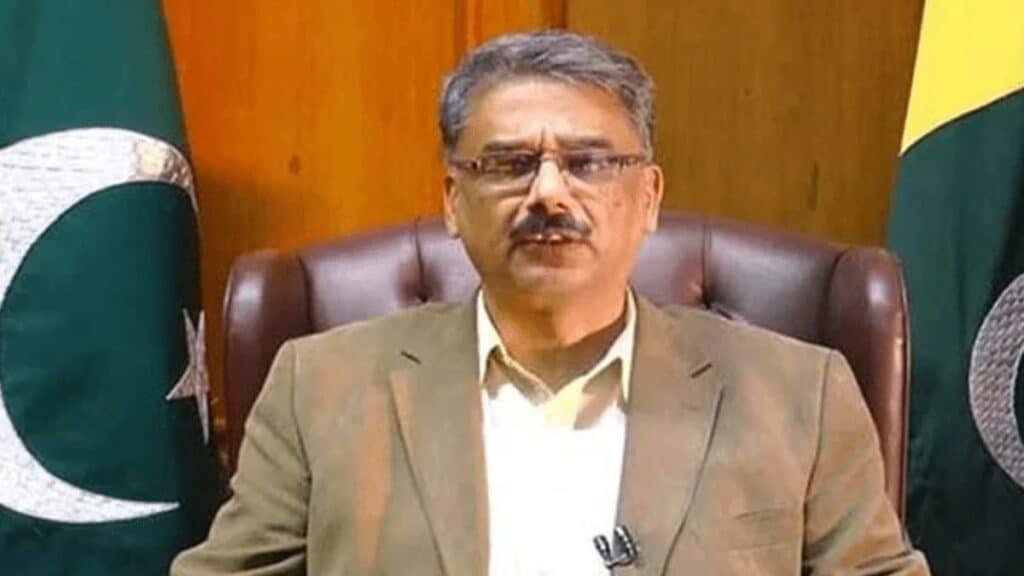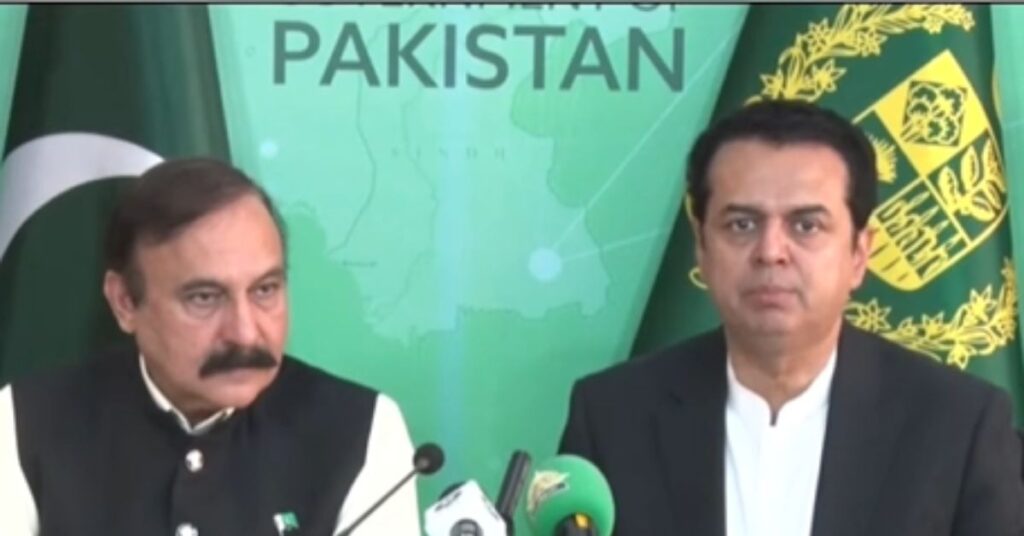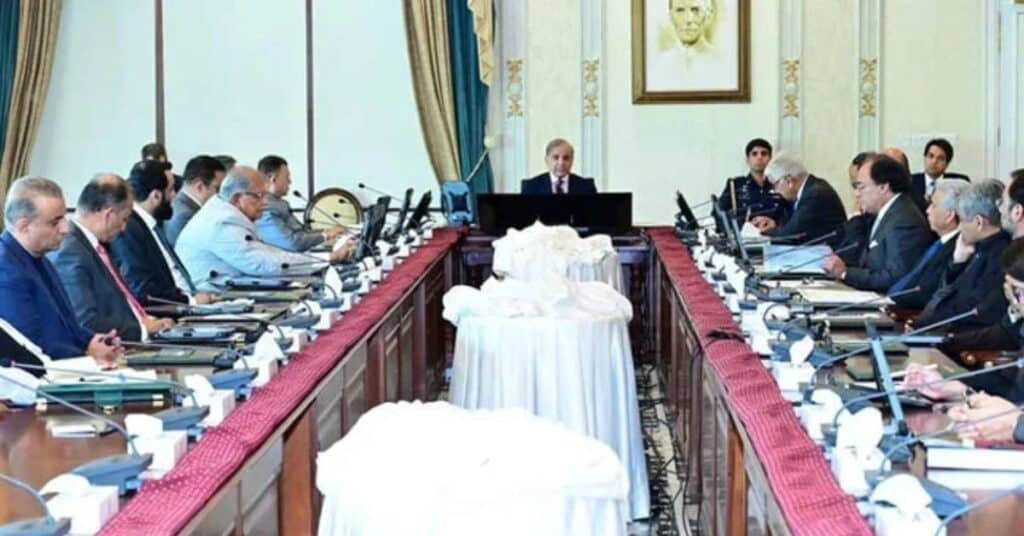ISLAMABAD (Kashmir English): Prime Minister of Azad Jammu and Kashmir, Chaudhry Anwar-ul-Haq, chaired an important meeting of the Forward Bloc parliamentary group in Islamabad today. The session focused on planning future political strategies for members who were originally elected on Pakistan Tehreek-e-Insaf (PTI) tickets but later left the party to support the current government.
According to sources, the meeting will focus on formulating a political strategy for the future, with discussions likely to include the formation of a new political party. Other options expected to be explored are joining Pakistan Muslim League-Nawaz (PML-N) or the Pakistan Peoples Party (PPP).
However, according to insiders, PML-N has limited room for new entrants in certain constituencies, including the one represented by Anwar-ul-Haq himself. The party might consider welcoming back Mir Akbar, elected from Leepa Valley, Constituency No. 7 (Dewan Ali Khan), and Bagh. Despite that, the overall chances of absorbing multiple new members into PML-N appear slim.
In contrast, the PPP is said to have more flexibility. Political analysts suggest that PPP may become the most likely option for many Forward Bloc members, especially those seeking a fresh political platform ahead of the next elections.
The meeting led by Anwar-ul-Haq comes at a time when PTI has filed disqualification references against 21 Forward Bloc lawmakers. These references, submitted to the Speaker of the AJK Legislative Assembly, accuse the members of violating party policy by joining government benches while still holding PTI seats.
As Anwar-ul-Haq continues to guide the shifting political landscape in Azad Kashmir, today’s meeting signals that realignments are underway. Political observers believe that his leadership will play a central role in shaping the next phase of AJK politics.
This political activity marks a significant moment for AJK politics, with shifting alliances and party loyalties likely to shape the region’s future leadership.




